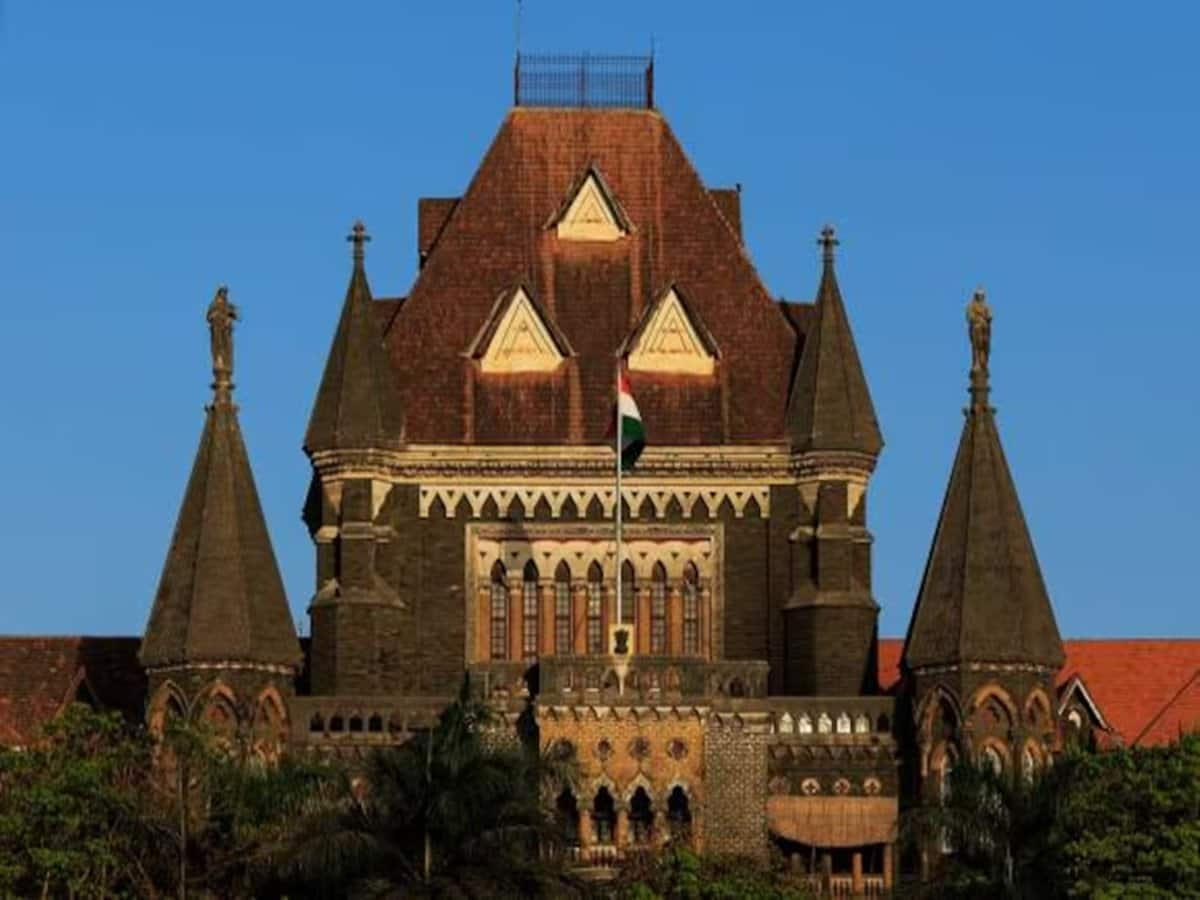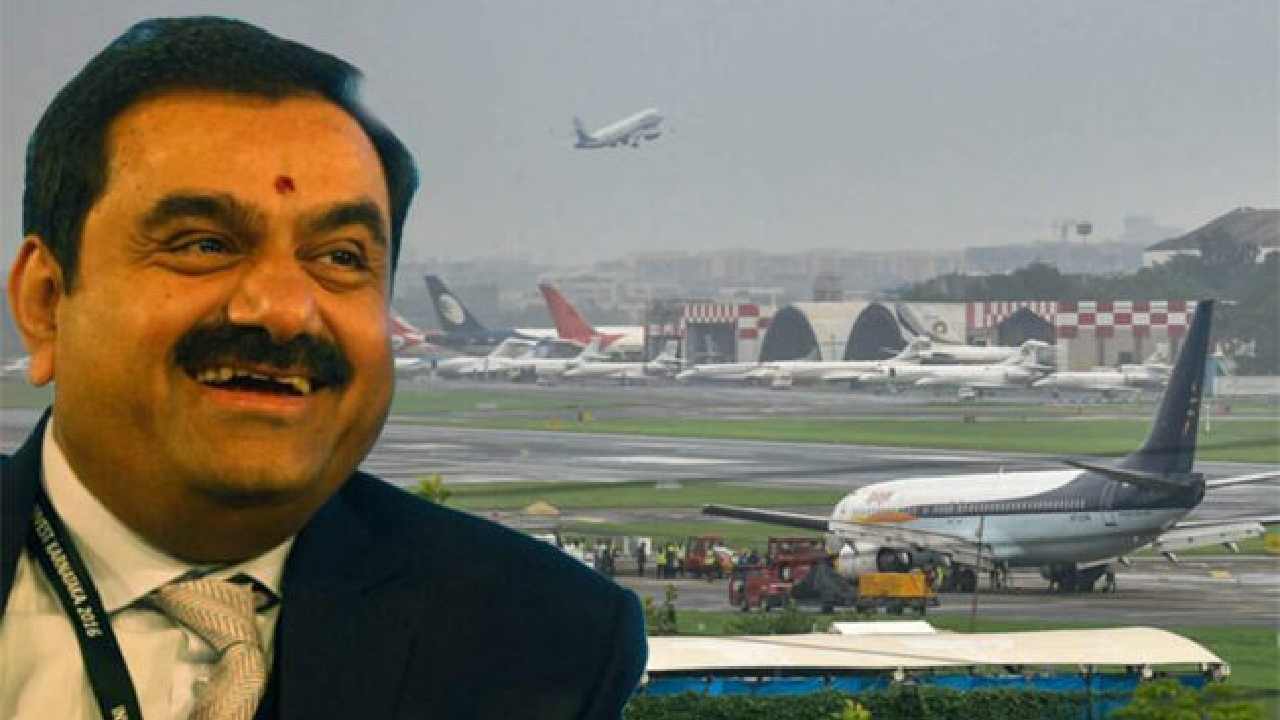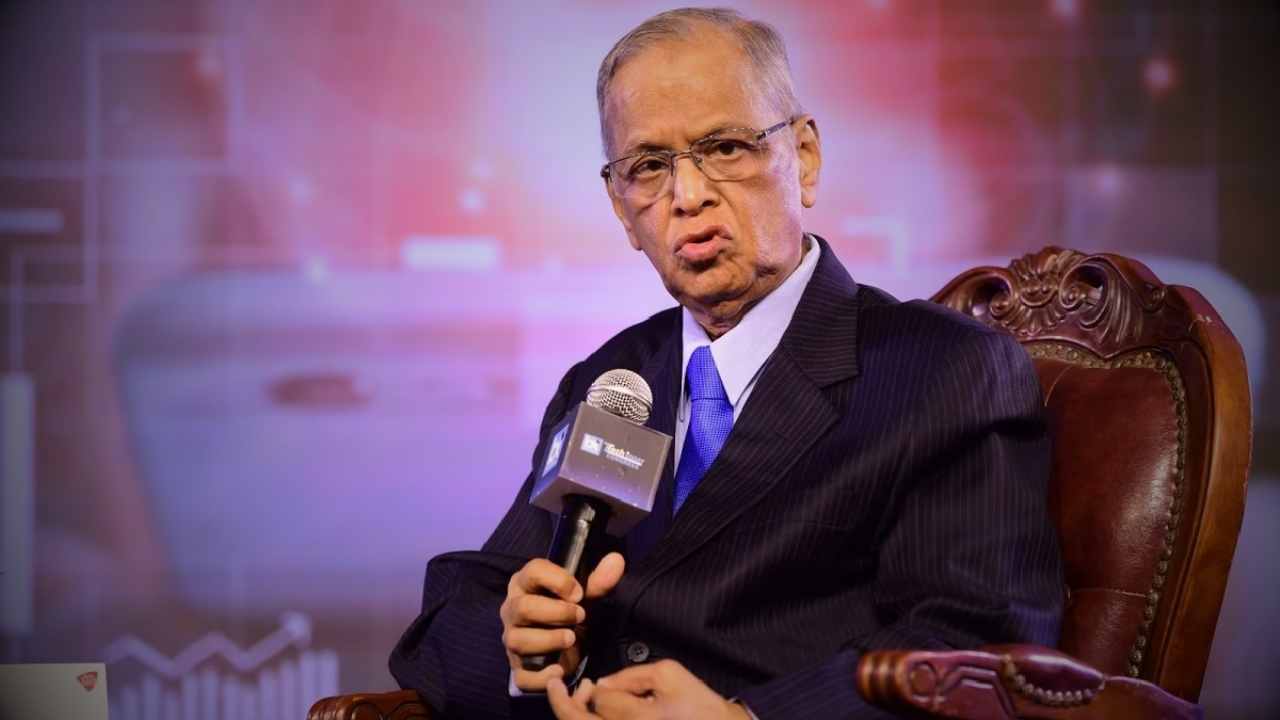The Constitutional Challenge to India’s Amended IT Rules
The Bombay High Court has recently declared the amended Information Technology (IT) rules unconstitutional, a significant ruling that raises critical concerns about freedom of expression and governmental overreach in the digital space. These amended rules required social media platforms to identify and act against content deemed fake or misleading regarding the government, a measure that many critics argue infringes upon individuals’ rights to free speech.
Background of the Case
In January 2023, a division bench consisting of Justice Gautam Patel and Justice Neela Gokhale delivered a split verdict regarding petitions challenging these amended IT regulations. A split verdict occurs when judges on a panel disagree on a ruling, necessitating further adjudication. Justice Patel ruled against the amendments, while Justice Gokhale supported their retention. As a result, the matter was referred to Justice A S Chandurkar to resolve the disagreement as the ‘tie-breaker’.
On September 20, 2023, Justice Chandurkar affirmed that the rules violated key constitutional provisions, specifically Articles 14 (right to equality), 19 (freedom of speech and expression), and 19(1)(g) (right to practice any profession).
Key Points from Justice Chandurkar’s Ruling
Justice Chandurkar emphasized several points in his judgment:
- The wording of “false, false, and misleading” within the IT rules was deemed vague and lacked clear definitions, which is essential in any legislation aimed at regulating information.
- Provisions for establishing a Fact Check Unit (FCU) to monitor and verify content relating to the government raised concerns about potential censorship and the subjective interpretation of what constitutes misinformation.
This ruling highlights the delicate balance between the need for accurate information and the preservation of civil liberties in the age of digital communication.
Content of the Amended IT Rules
The amendments to the Information Technology (Intermediary Guidelines and Digital Media Ethics Code) Rules, enacted on April 6, 2023, aimed to empower the government to combat online misinformation. Under these rules, the newly formed FCU would be responsible for identifying and reporting any posts categorized as fake or misleading about government operations.
Social media intermediaries were mandated to act on these notifications—either by removing such posts or adding disclaimers. Failure to comply with the guidelines would expose these platforms to legal repercussions, a factor that raised alarms about over-regulation and the potential suppression of dissenting voices online.
Implications of the Court’s Decision
This landmark ruling by the Bombay High Court has significant implications for the future of online governance and free speech in India. It serves as a reminder of the importance of clearly defined regulations that respect constitutional rights while addressing the challenges of misinformation in the digital age. The court’s decision may encourage a reevaluation of similar policies both within India and globally, as concerns over privacy, free speech, and the role of government in regulating online discourse continue to grow.











